July Fourth is a time for flags, food, and fireworks, but the excitement can make your pet feel as if they are under attack. The team at Palisades Veterinary Hospital sent in Chi Chi the Chihuahua, our intrepid reporter, to cover the front lines on the day in question, so you can see first-hand the rigors the holiday presents for your pet.
Chi Chi: “Guys, everything is chaos here. Everywhere I look, strangers are talking and laughing loudly. Women in high heeled shoes are coming way too close to my paws, and I was nearly crushed by a large man in gaudy cowboy boots. I may run to the next block to get a reprieve from the craziness.”
Palisades Veterinary Hospital: “Chi Chi, stay calm. If you run away, you may get lost. For everyone listening, before the party starts, pets should have a snug collar and accurate identification tags. We also recommend that pets be microchipped to ensure they can be returned home if they get lost. Another good plan is for owners to have their pet’s current photo to post in case they get separated.”
Chi Chi: “I am trying to stay calm, but the weather is extremely hot and humid today. I am hot and thirsty, and panting unattractively. These are truly brutal conditions.”
PVH: “Chi Chi, you should find a cool spot and drink some water soon. Heat exhaustion is a significant threat for pets on hot, humid days. Signs include excessive panting and drooling, vomiting, diarrhea, and sudden collapse. Pets should be kept in cool areas and offered clean, fresh water frequently. Pets should never be left in parked cars.”
Chi Chi: “These people are dropping yummy food everywhere. Someone abandoned their plate on the ground next to me, leaving guacamole, garlic shrimp, and a chocolate covered strawberry. This job does have some perks!”
PVH: “Chi Chi, back away from the plate. You could become extremely sick if you eat those foods. A sudden change in a pet’s diet can cause severe vomiting or diarrhea. Several common foods are toxic to pets. If a pet ingests any dangerous food, their owner must contact our team at Palisades Veterinary Hospital or Animal Poison Control.”
Chi Chi: “I will exert some self-control, because I should be watching my girlish figure. I found something interesting to distract me—my owner left a colorful package on the patio covered in intriguing skull and crossbone figures. I should definitely investigate.”
PVH: “Chi Chi, that package is fireworks, and they are dangerous to pets. Fireworks contain black powder, potassium nitrate, arsenic, and other heavy metals that can be toxic to pets if consumed. Keep the packages away from your pets, and survey your yard the day after fireworks displays in case debris has landed in your lawn from neighborhood celebrations.”
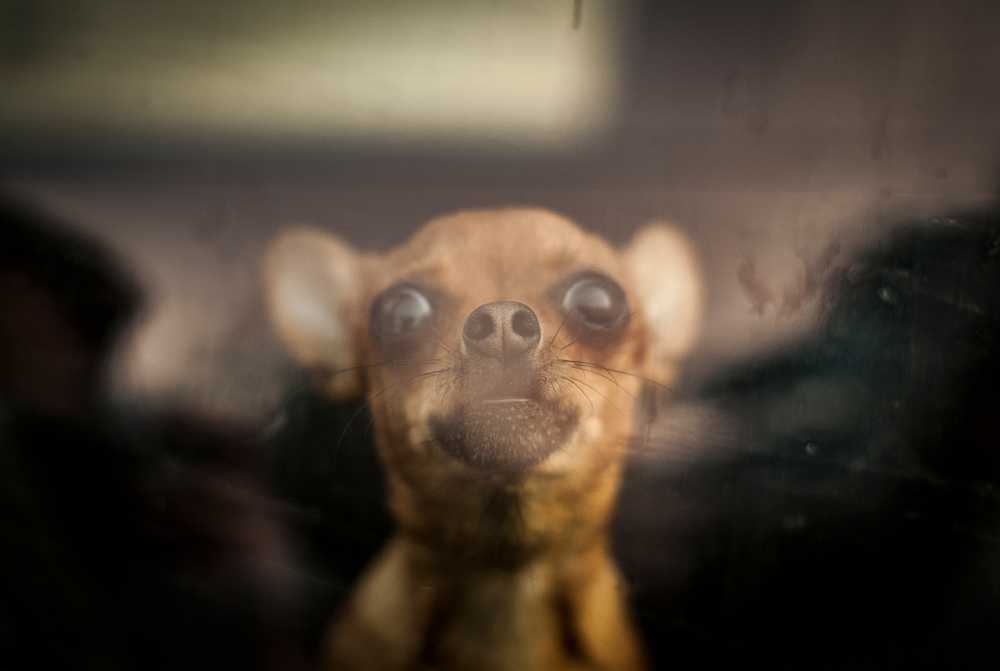
Chi Chi: “I am being attacked! Loud explosions and bright lights surround me! The humans are staring stupidly up at the sky and are not helping at all! I must run now!”
PVH: “Chi Chi, the fireworks show has started. You will be OK if you stay calm. Pets who have a noise aversion can be severely affected by fireworks. Most pets benefit from being sequestered in an inside room in the home. Leave music playing to mask outdoor noises and provide toys and food to distract your pet.
“If these techniques do not relieve your pet’s fear, consider using behavior modification to desensitize your pet to the problematic noise. You can easily find fireworks noises online to download. Start by playing the noise softly while your pet is quiet, and offer them a high-value treat if they remain calm. Continue these sessions, gradually increasing the noise level over several weeks, until your pet feels comfortable around the racket. If your pet becomes anxious, decrease the volume until they are calm, and at the next session, start the volume at the safe level.
“If your pet is fearful during loud noises, do not fret over them and give them excess attention, because they may interpret this as acclaim for appropriate behavior. Punishing your pet for fearful behavior is definitely contraindicated, and could lead to a worsening fear response. Forcing your pet to endure the scary noise may make them aggressive to avoid the situation, resulting in someone getting hurt, and is also not appropriate.
“If your pet continues to exhibit fear after you have used the desensitization and counterconditioning techniques, they may benefit from a mild sedative or anti-anxiety medication. Always talk to a veterinary professional before giving your pet over-the-counter or prescription medications.”
Chi Chi: “The party is finally winding down here, and thankfully, everyone is leaving. I am exhausted from all the commotion, and I am going to collapse on my puffy, pink pup bed.”
PVH: “Thank you for your excellent reporting, Chi Chi. You braved the battlefield to help pet owners understand how terrifying parties can be for their pets. You are a true hero.”
Ensure your pet does not feel as if they are reporting from a war zone by following these tips during your July Fourth festivities. If you are concerned your pet may have anxiety issues, contact the team at Palisades Veterinary Hospital and schedule an appointment.


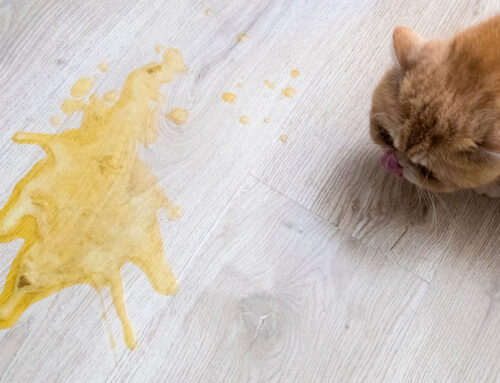
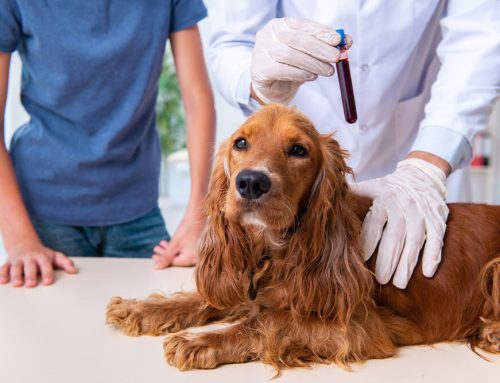
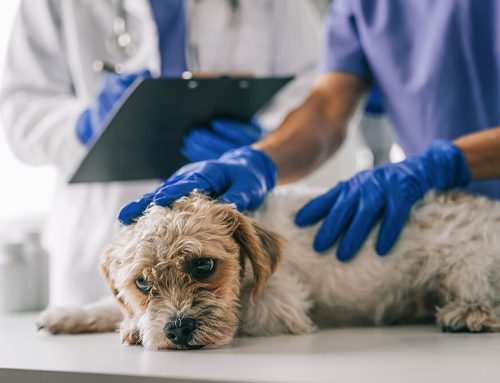
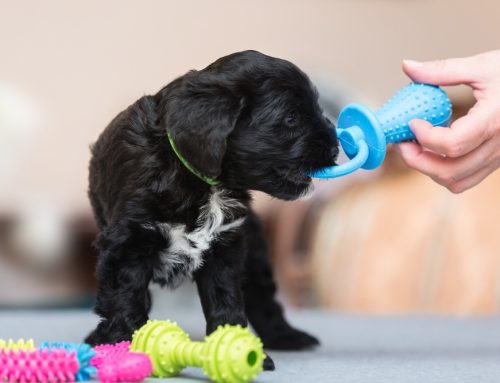


Leave A Comment